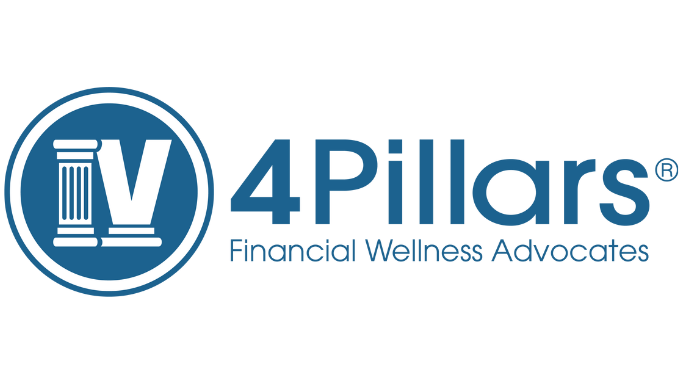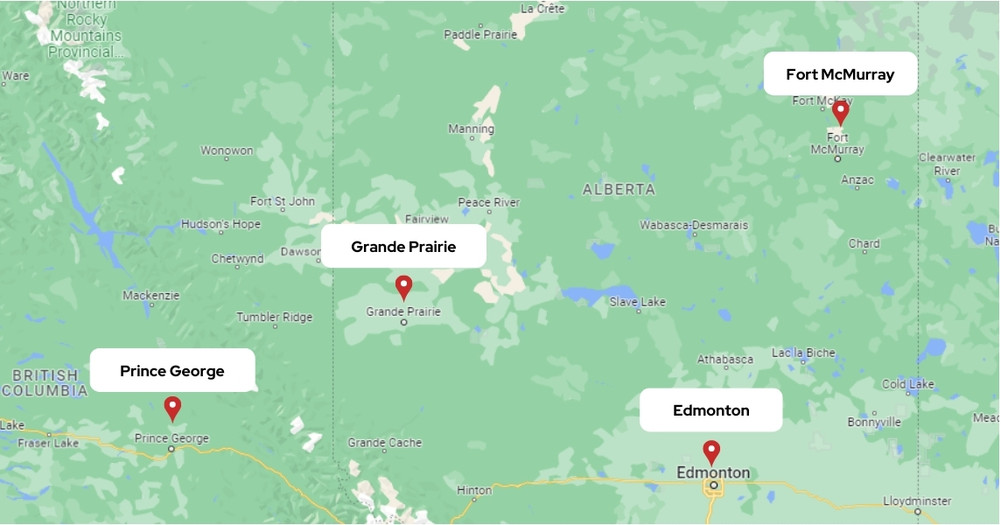Do you ever find that money is just slipping out of your hand and vanishing inside a well of darkness? If so, it is time you start accounting your income and expenses through a budget. Perhaps accounting your money sounds boring, so think of it like baking a cake. Your various sources of income are the ingredients and your expenses are the quantities. Just like the right ingredients and the correct quantities make a good cake, so it is with maintaining a financially healthy budget. Letting money slip from your fingers and not knowing where it disappears is a sign that your money is controlling you. A budget is the perfect way to take control of your money.
Here are a few simple steps to go about making your own budget.
Set a Goal: Try to decide on how much you want to save. You may wish to buy a dream car or a dream home, so set a target on how much you want to save. You may have some debt, so create a goal to pay it off in a year or two.
Income: Find out how much income you are bringing in, including the taxes, company cuts, the stock revenues etc.
Track your Spending: Learn how to account for your spending. Decide on how you want to account for your monthly and daily expenses. Segregate it into household expenses, transport expenses etc., or alternatively, daily expenses, monthly expenses, credit expenses etc. We all have different ways of arranging things; you must decide the best way for you to keep track of your budget.
Gather all your financial accounts together and go through them. For daily accounts maybe you want to carry a notebook to constantly write down your spending. With a smartphone, you can constantly update it on an excel sheet.
Totalling: At the end of the month, once you have tracked all your spending and expenses, it is time to total the amount.
Cutting: Once you have accounted for all your spending, now comes the hard part. You must now decide where you are spending in excess, and where you can cut down on. Perhaps it’s those outside lunches that make your wallet thin. In that case, you can save a lot of money by carrying a homemade meal. 10% to 20% is a good starting point on how much to save from your total income. Once you manage that, try increasing this percentage to 30% to 40% of your income.
Flexibility: It is important not to have a rigid budget that you are not able to stick to. Having a tight budget and forcing yourself to ignore your cravings will result in you breaking away from your budget. Instead take these cravings into account and allow yourself some small indulgences.
Investments: In addition to all this, investments should be factored in your budget as in the long run they help you save money. Get yourself into a Smart Investment Plan (SIP). Research and decide on a SIP that you are able to manage with your incomes and expenses. One of the popular SIP’s is Registered Retirement Savings Plan (RRSP).
Emergency Fund: Try to set up an emergency fund which you can dip into any time.
Review: Constantly reassess your budget on a regular basis, preferably monthly. Find out how well you are following it, where you are exceeding spending and where you can cut down.
Most important is learning how to follow your budget. There is no point of creating a budget if you don’t follow it. Always remember the big picture of financial debt and your financial future. Try carrying fewer credit cards, so you won’t be tempted to spend. Build a reward system that you can treat yourself if you manage to stick to your budget. Lastly, if you are derailed from your budget, just pick yourself up and try again.


